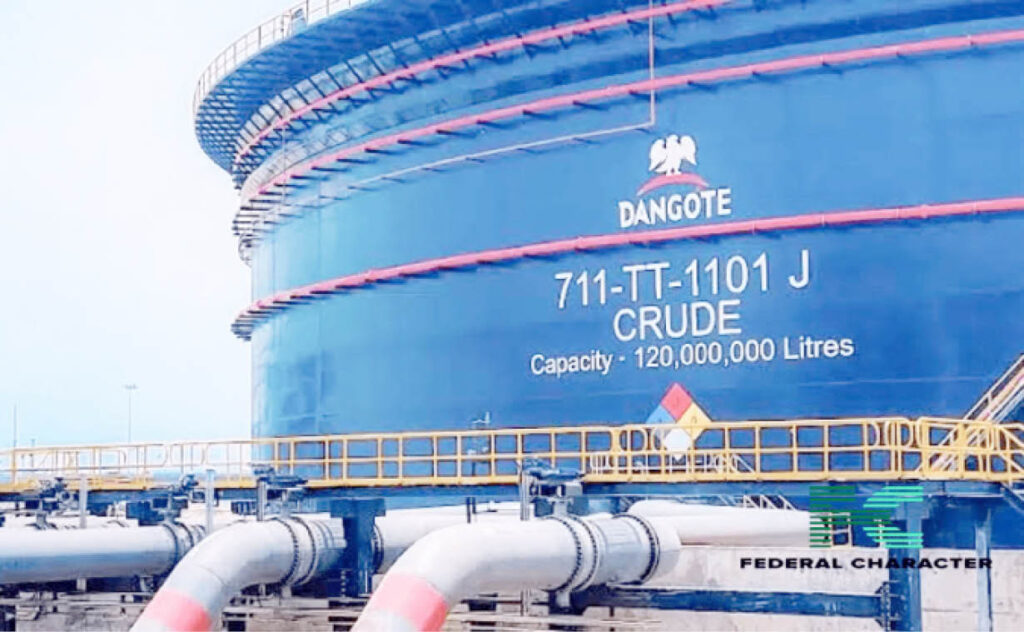In what analysts describe as a transformative intervention in Nigeria’s downstream oil sector, Dangote Petroleum Refinery has announced a bold N720 billion investment in 4,000 Compressed Natural Gas (CNG)-powered trucks for the direct delivery of fuel across the country—a move expected to disrupt traditional fuel distribution and save Nigerians over N1.7 trillion annually.
The initiative, which will eliminate the role of middlemen and drastically reduce transportation costs, marks the first time a private operator is absorbing over N1.07 trillion yearly in logistics expenses—a cost burden that has historically inflated pump prices across Nigeria.
Under the new system, beginning August 15, Dangote will deliver petrol, diesel, and aviation fuel directly to filling stations, factories, and bulk consumers, bypassing the conventional, inefficient supply chain that relies on expensive coastal depots and road transporters.
“This isn’t just about cost savings; it’s about restructuring the entire energy supply architecture in Nigeria,” a statement from the refinery noted. “By deploying CNG-powered trucks, we’re addressing both economic and environmental challenges simultaneously.”
According to the plan, the trucks will facilitate the daily delivery of 65 million litres of refined petroleum products—45 million litres of Premium Motor Spirit (PMS), 15 million litres of diesel, and 5 million litres of aviation fuel—meeting the nation’s entire daily consumption needs.
More than 42 million Micro, Small, and Medium Enterprises (MSMEs) are expected to benefit from the reduced logistics costs, which translate to an average of N45 per litre, freeing up capital for other operational expenses and boosting productivity.
Economists say the strategy could help stabilise prices, reduce inflation, and restore consumer confidence in a market long plagued by scarcity, arbitrary pricing, and the inefficiencies of fuel subsidy dependency.
Beyond the economic impact, the introduction of CNG trucks signals a significant step toward greener transportation infrastructure, in line with Nigeria’s goal of transitioning to cleaner energy sources.
“This is the most aggressive and strategic dismantling of the parasitic fuel supply cartel we’ve seen in years,” one energy analyst told PLATFORM TIMES. “It’s a shift that could define Nigeria’s energy sector for the next decade.”
As Nigerians continue to struggle with the high cost of fuel following the removal of subsidies, Dangote’s direct delivery model is emerging as a private-sector-led response to one of the country’s most pressing socio-economic challenges.
Do you want to share a story with us? Do you want to advertise with us? Do you need publicity for a product, service, or event? Contact us on WhatsApp +2348183319097 Email: platformtimes@gmail.com
We are committed to impactful investigative journalism for human interest and social justice. Your donation will help us tell more stories. Kindly donate any amount HERE




